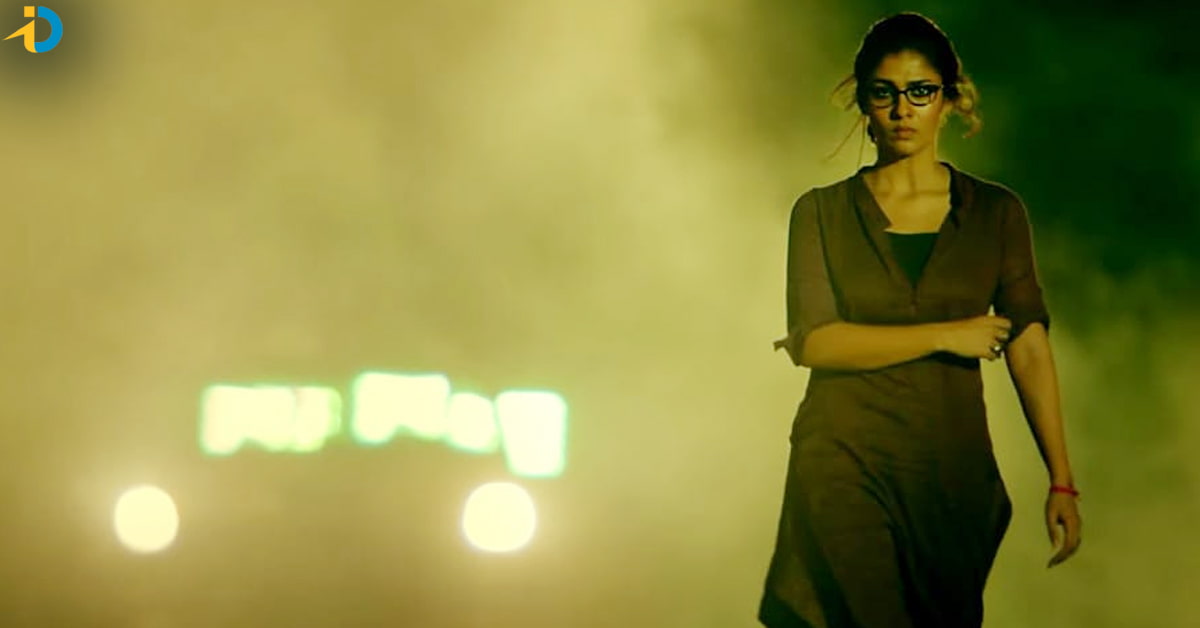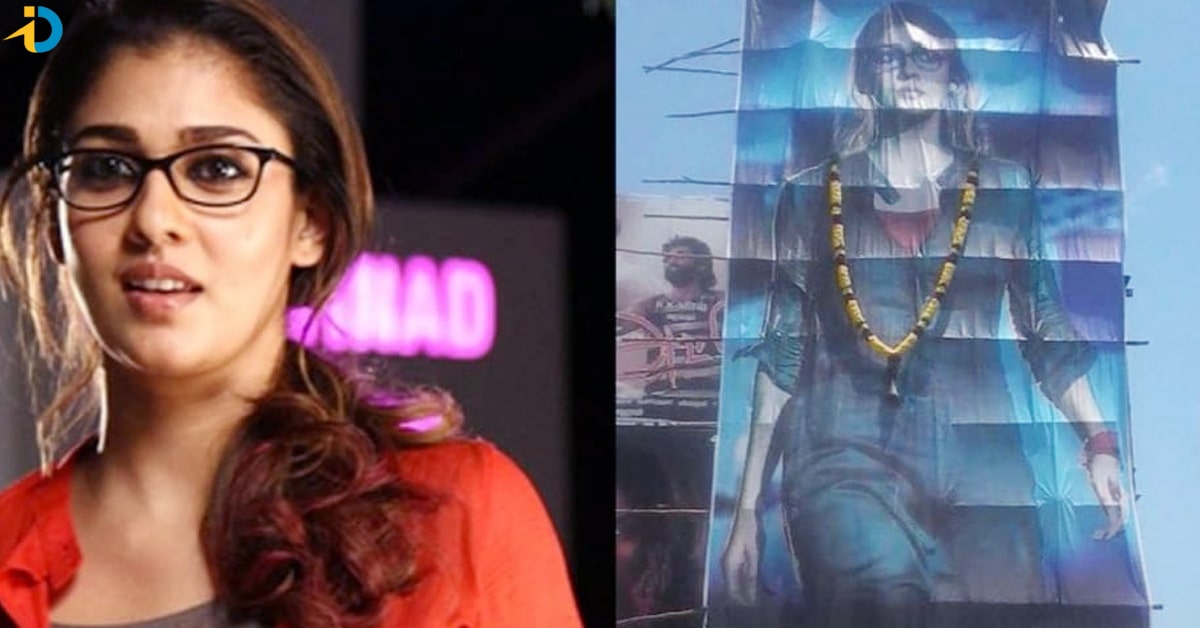Das CH
Das CH

Introduction:
Nayanthara, often referred to as the ‘Lady Superstar’ of South Indian cinema, has graced the silver screen with numerous stellar performances. Among her extensive filmography, “Dora” stands out as a milestone, marking her 51st film and showcasing her versatility in a horror
genre. Directed by Doss Ramasamy, the film seamlessly weaves elements of horror, comedy, and revenge, making it a unique addition to Nayanthara’s repertoire.
The First Half: A Blend of Comedy and Bonding
“Dora” opens with a comic tone in the first half, introducing Nayanthara’s character and her relationship with her father, played by Thambi Ramaiah. The narrative skillfully explores their bonding, interwoven with subtle horror touches, setting the stage for what unfolds later. The chemistry between Nayanthara and Thambi Ramaiah adds a human touch to the film, making
the characters relatable.
Interval Twist:
Unveiling the Haunting Soul
The film takes an unexpected turn at the interval, revealing a haunting soul tied to a car that Nayanthara drove. This revelation sets the stage for the second half, transforming the narrative from a lighthearted tone to a more intense and gripping storyline.
The Second Half: Nayanthara’s Revenge Unleashed
The second half of “Dora” delves into a tragic backstory that propels Nayanthara’s character into seeking revenge. This marks a pivotal shift in the film, transitioning it into a powerful female-centric narrative. Nayanthara’s performance takes center stage as she navigates through
the emotional and action-packed sequences with finesse.
Nayanthara’s Milestone Dialogue and Action Sequences:
One of the film’s standout moments occurs in the first half when Nayanthara delivers a lengthy and impactful dialogue, reminiscent of Dhanush’s memorable delivery in “Velaiyilla Pattathari.” This scene showcases Nayanthara’s ability to convey powerful emotions and adds depth to her character.

“Dora” also breaks new ground for Nayanthara as she engages in action sequences, particularly those involving a car with the soul of a dog seeking revenge. The director, Doss Ramasamy, deserves commendation for creatively utilizing the car’s features to project it as a vengeful
spirit, enhancing the overall cinematic experience.
The Police Station Scene: Nayanthara’s Acting Prowess
The police station scene in the second half stands out as a testament to Nayanthara’s acting prowess. Her seamless transition between emotional and serious modes, coupled with her takeover of the police officer played by Harish Uthaman, highlights her versatility as an actor.
Mixed Responses and Memorable Moments:
While “Dora” received mixed responses, it remains a memorable film for Nayanthara’s fans. The movie fulfills their dream of witnessing the Lady Superstar in an action-packed, revenge-seeking
role within the horror genre of a female-centric film.
Conclusion:
“Dora” emerges as one of Nayanthara’s strongest female-centric films, blending horror, comedy, and revenge seamlessly. The film not only showcases her significant screen presence but also paves the way for more powerful female-centric films, including the critically acclaimed
“Aramm.” Despite mixed reviews, “Dora” is undoubtedly a memorable addition to Nayanthara’s illustrious career, leaving an indelible mark on her journey as a leading actress in the South Indian Film Industry.